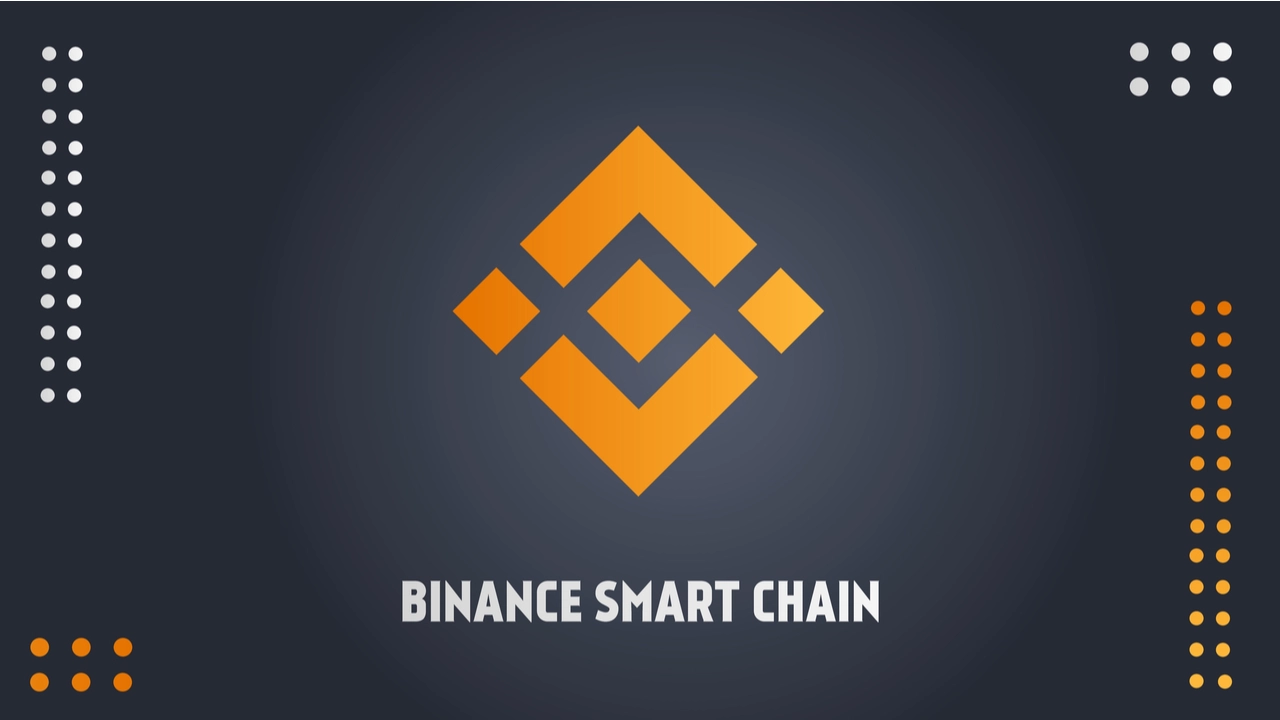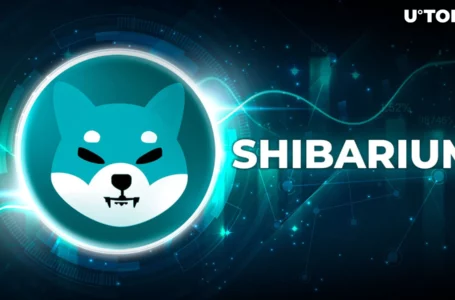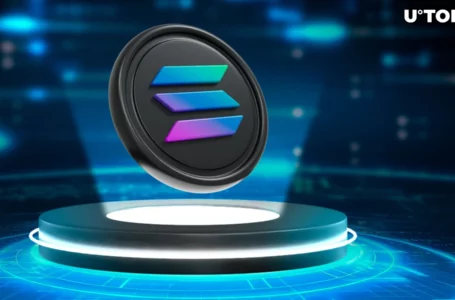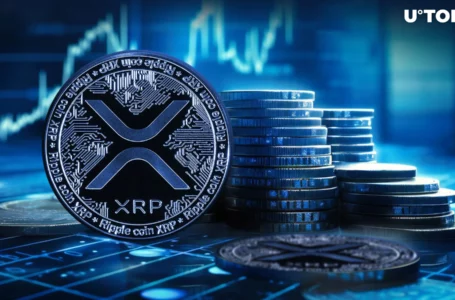
Developers of the Binance Smart Chain, the Binance-backed decentralized blockchain platform, have proposed applying a mechanism to burn BNB tokens based on the utilization of the network. According to the proposition, this would benefit both validators and holders due to the boost in worth that the token would experience thanks to token burns. The proposal, called Binance Evolution Protocol 95 (or BEP-95), bears a striking resemblance to EIP-1559, an already implemented Ethereum proposal that also burns fees.
Binance Smart Chain Could Burn Gas Fees
Binance Smart Chain, the decentralized blockchain backed by Binance, might be executing a gas-burning mechanism in the future. Developers of the chain unveiled a proposal that points in that direction. The proposition, called BEP-95, would burn a few of the charges that users invest to make deals or to communicate with smart agreements on the network.
Normally these fees would go to validators as rewards for securing the network. But with BEP-95, 10% of these funds would be burned depending upon network activity. This percentage is subject to change, and members can change this number via community vote. According to the proposition, the objective of this brand-new execution would be to “speed up the BNB burning process and improve its intrinsic value by burning a portion of gas fees.”
Chasing Sustainability
Binance Smart Chain developers could be betting on this change to make BNB more sustainable. Currently, Binance carries out BNB burns that are revealed regularly. But the exchange just consented to burn 100 million BNB tokens. After this number is reached, no more burns will be conducted by the exchange.
By altering the financial policy of the network, designers intend to guarantee that the currency stays competitive, reducing the quantity of BNB in the market and making it more limited. This move seems to be mimicking the proposal that Ethereum approved earlier this year, called EIP-1559, that also implemented burning a part of the fees that would normally go to miners. This brand-new financial proposition appears to have actually added to the rate development that Ethereum has actually experienced considering that its approval.
While Ethereum doesn’t have a max supply, BNB does have a limited max supply of 200 million. Still, there is a common interest in keeping the issuance and supply in check to maintain price stability. The proposal is still in its initial stages, and could change before being implemented on the BSC blockchain.


















